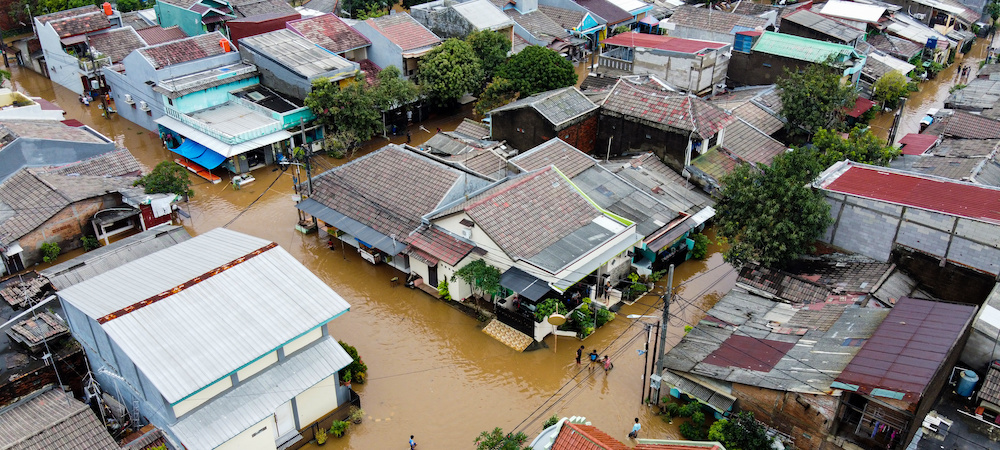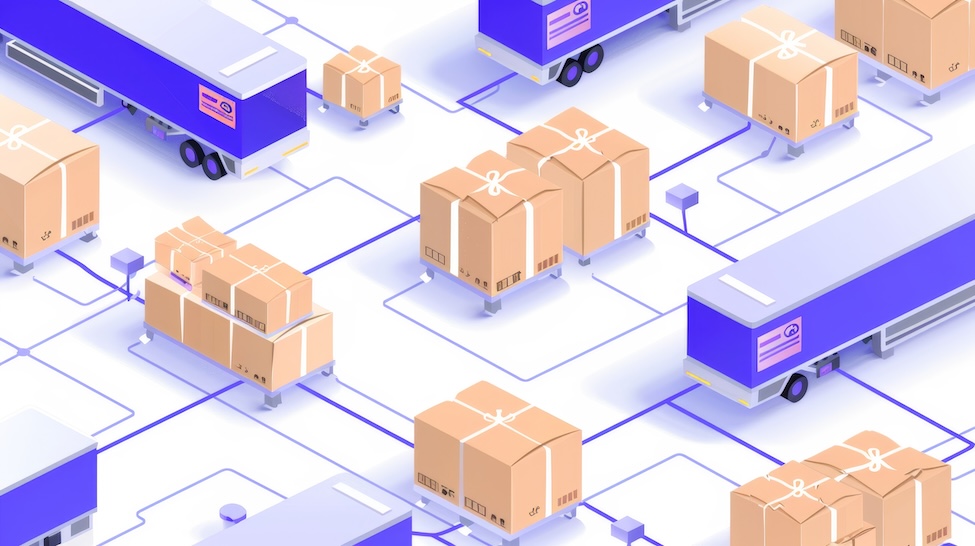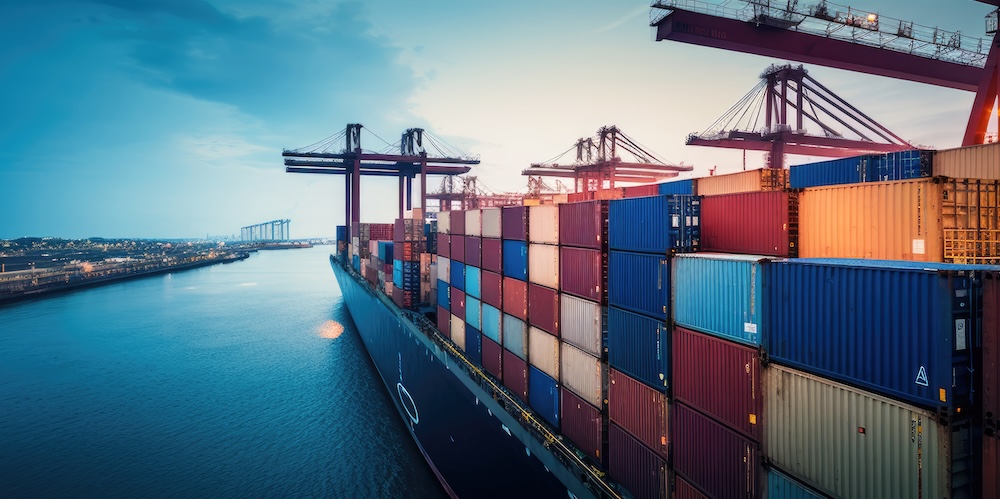What Are Recovery Logistics?

Business Continuity After a Disaster
Disaster Recovery Operations
Anytime your business is affected by a disaster, you will lose revenue. Recovery logistics help you get back on your feet more quickly. What might require specialized recovery logistics services?

Natural disasters like hurricanes, wildfires, floods, blizzards, and tornados can cause the need for storm recovery logistics. But natural disasters are not the only things that can disrupt your usual operations. As we have all experienced lately, COVID-19 has disrupted the normal flow of logistics. Additionally, labor strikes and political disturbances can have the same effect.
Recovery Logistics Services
The services involved in this type of logistics are quite different than the usual shipping and inventory management. They include:
Setting up and maintaining basecamp. In a disaster, first responders like medical personnel, utility workers, and others need a place to stay while they have downtime from performing their important jobs. These basecamps can include temporary housing, food storage or catering, showers, toilets, fueling stations, and more.
Remote fuel and energy. Companies that provide logistical recovery systems can transport fuel and large generators to the location of the disaster. This includes safe storage of the fuel, and transfer of the fuel to the needed vehicles.
Recovery Equipment. Many recovery logistics contractors maintain fleets of equipment and machinery that aids with recovery efforts.
Project oversight. Recovery operations are incredibly detailed. They need strong management at the helm. Experienced logistics providers can bring their experience to oversee projects.
Transportation. Yes, even in disaster recovery, the transportation of goods is incredibly important. Trucks and trains can be used to bring supplies to a basecamp or fuel and generators to the recovery site.
Recovery Logistics or Reverse Logistics?
Some people also use the term recovery logistics to mean reverse logistics. This is a process that helps to keep your supply chain efficient. It helps customers return items to manufacturers and sellers either for recycling, refurbishing, or reselling. It can also be used for waste in the supply chain. Byproducts or waste in the manufacturing process can be brought back to other points in the manufacturing chain so they can be reused or recycled. Sometimes the term recovery is used for this process because it helps to recover materials. However, when most people talk about recovery logistics they are referring to disaster management.
One example of reverse logistics is bringing used packaging to a processing plant to be renewed into packaging for freshly made items. Other examples would be receiving products returned by consumers to repackage them and sell as new or refurbished items. Reverse logistics is a very green process – it is part of reducing, reusing, and recycling. So, in addition to helping you regain some value in your supply chain, it is also sometimes good for the planet.
You’ve Had a Disaster…What Now?
After disaster strikes, handling any logistical issues yourself can be a hassle. Most people are not experts in this field, so it might take them a while to find the right connections or come up with the most efficient plan. That’s why most people in this situation hire an expert. Amertrans Logistics loves solving your problems and we are passionate about transparently helping our clients. So, the first step would be to schedule a call with us to find out how we can help.
Our pledge is that even if we can’t help, we will refer you to someone who can. However, our agile, creative and dependable teams are great at coming up with customized solutions that help your business get back on its feet as soon as possible. It may include anything involving transportation, warehouses, tracking inventory, and more. You don’t have to deal with these issues on your own. With experts at the helm, your business can be up and running again quickly after a disaster.
Related Articles
General
Inbound Logistics Explained: Processes, Benefits & Best Practices

Efficiency is the cornerstone of business success in today’s competitive environment. Inbound logistics, a critical component of supply chain management, plays a pivotal role in determining a company’s operational effectiveness and overall performance. Inbound logistics encompasses the processes involved in receiving, storing, and distributing raw materials, components, or finished goods from suppliers to production facilities […]
Read MoreGeneral
Freight Shipping vs. Standard Shipping: Understanding the Difference

Freight shipping stands as a cornerstone of modern logistics, propelling the global economy forward through the efficient movement of goods. This essential component of commerce encompasses the transportation of large quantities of products, distinguishing itself from standard shipping methods in scale, complexity, and significance. Understanding freight shipping is essential for business owners aiming to optimize […]
Read More
